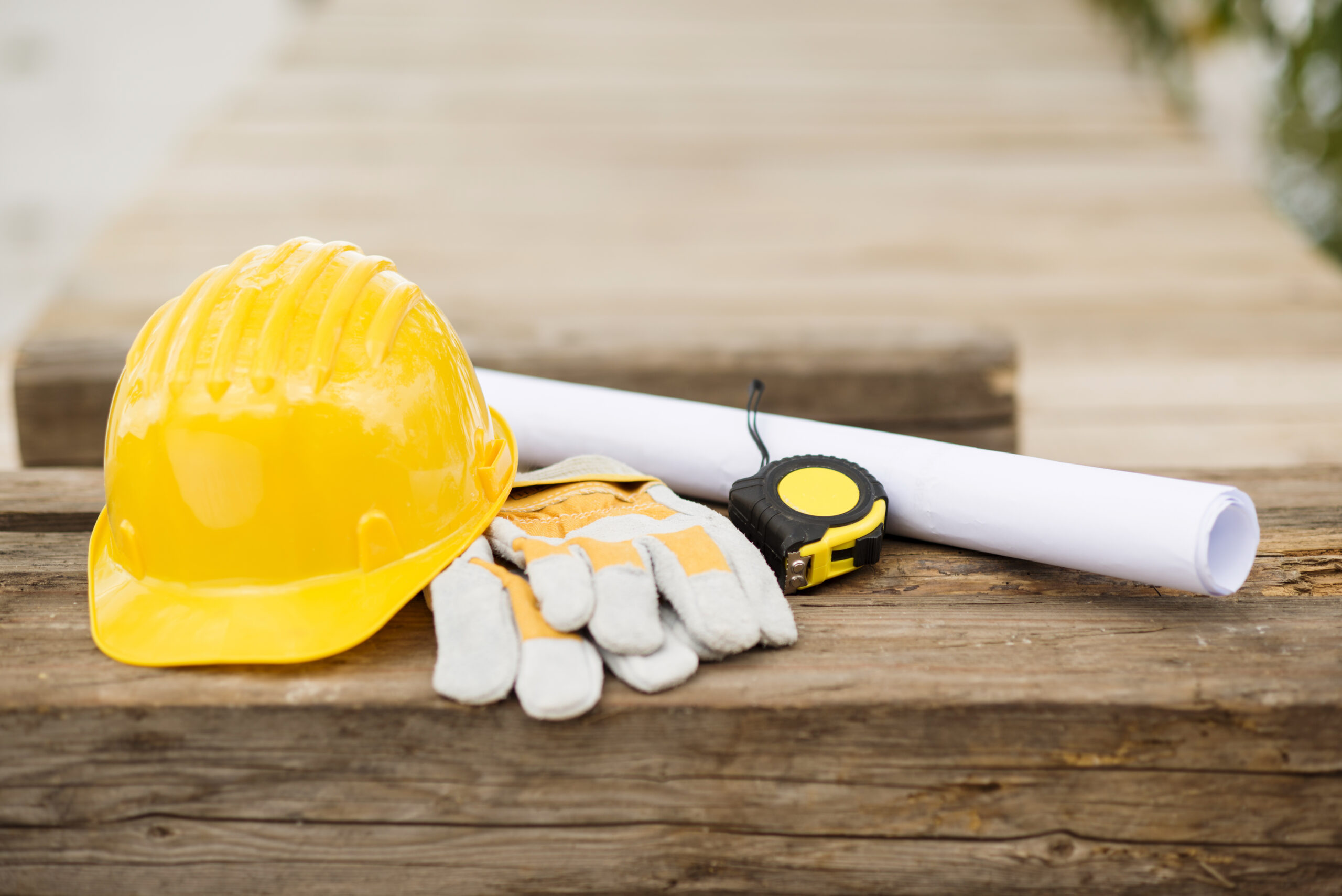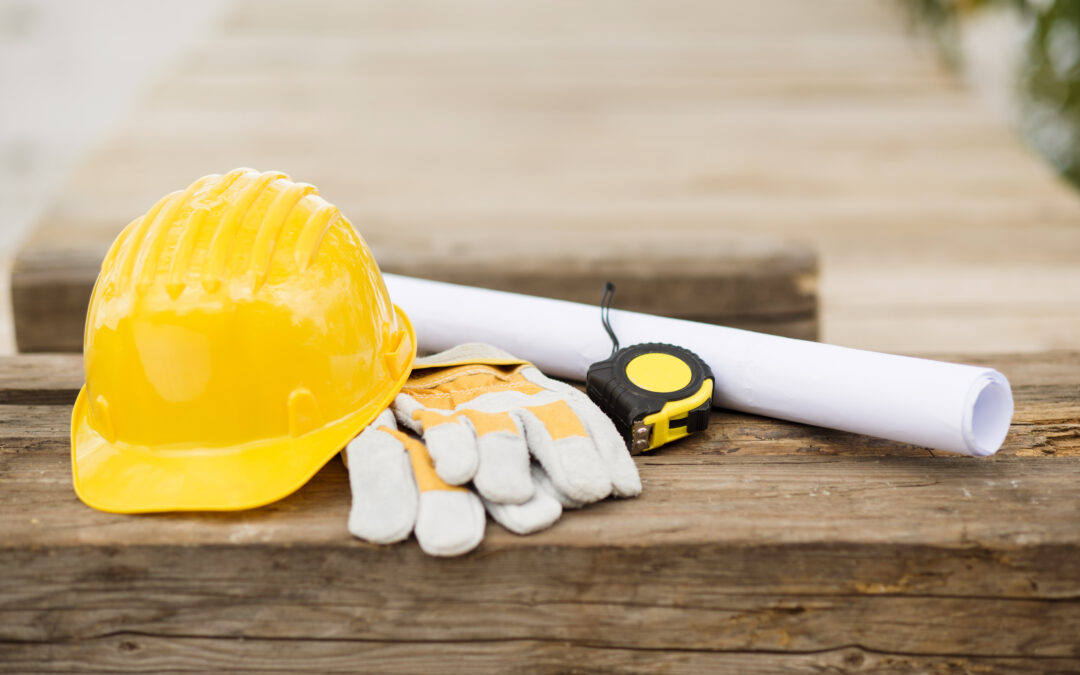In an unpredictable world, being prepared for emergencies is not just wise—it’s essential. Whether you’re facing natural disasters like hurricanes and floods or health crises such as pandemics, having a solid plan can make all the difference. This guide will walk you through the key components of emergency preparedness.
*Understanding the Risks: Identifying Potential Emergencies in Your Area**
Every region has its unique set of risks. Start by assessing your local environment. Are you near coastal areas prone to hurricanes? Or perhaps you’re in a region susceptible to wildfires or earthquakes? Understanding these threats is crucial. Consult local emergency management agencies, listen to community alerts, and engage with neighbors about their experiences. Additionally, consider broader risks like pandemics or industrial accidents that might affect your area too. By identifying potential emergencies specific to your location, you can tailor your preparedness plan accordingly.
*Building Your Emergency Kit: Essential Supplies for Every Situation**
Once you’ve identified the risks, it’s time to build an emergency kit—a lifeline when disaster strikes. Start with the basics: water (at least one gallon per person per day), non-perishable food items (think canned goods and energy bars), and a flashlight with extra batteries. Don’t forget a first-aid kit complete with medications, antiseptics, and bandages.
But that’s just scratching the surface! Include necessary personal documents like identification and insurance papers in a waterproof bag. Consider adding multipurpose tools, blankets for warmth, hygiene products, and even entertainment items like books or games for morale during stressful times.
For families with pets, ensure your furry friends are accounted for—include pet food and supplies as well! Regularly check expiration dates on food items and update your kit every six months to keep everything fresh.
*Creating a Family Emergency Plan: Communication and Evacuation Strategies**
An emergency plan isn’t just about supplies; it’s about strategy too. Gather your family to discuss potential scenarios that could arise in various emergencies—whether it’s a need for evacuation or sheltering in place.
Thank you for reading this post, don't forget to subscribe NOW for FREE!
Establish clear communication channels. Designate an out-of-town contact who can relay information if local communication systems fail. Map out meeting points where everyone knows they should go if separated during an event.
In addition to communication strategies, outline evacuation routes from home or work locations. Familiarize yourselves with alternative paths should primary routes be blocked during an emergency.
Lastly, practice makes perfect! Conduct regular drills so everyone knows what steps to take when faced with real-life situations.
*Staying Informed: Utilizing Resources for Real-Time Updates and Guidance**
In today’s digital age, staying informed is easier than ever before—but it requires some effort on your part! Subscribe to weather alerts via apps or government websites specific to your area; these notifications can provide life-saving updates during severe weather events.

Also consider following local news outlets on social media platforms—they often share timely information regarding emergencies affecting your community. Don’t overlook radio broadcasts either; they remain reliable sources during power outages when other forms of communication may fail.
Ultimately, staying alert means being proactive rather than reactive when emergencies arise. Combine knowledge of risks with effective planning techniques outlined above; you’ll empower yourself—and those around you—to navigate any crisis successfully!
By understanding potential threats in your area, assembling comprehensive kits tailored for different scenarios, devising family plans encompassing communication strategies along with practicing them regularly—and utilizing resources efficiently—you’ll transform uncertainty into confidence amidst chaos! Let this guide serve as a beacon toward safety readiness no matter what comes knocking at our doors next!






